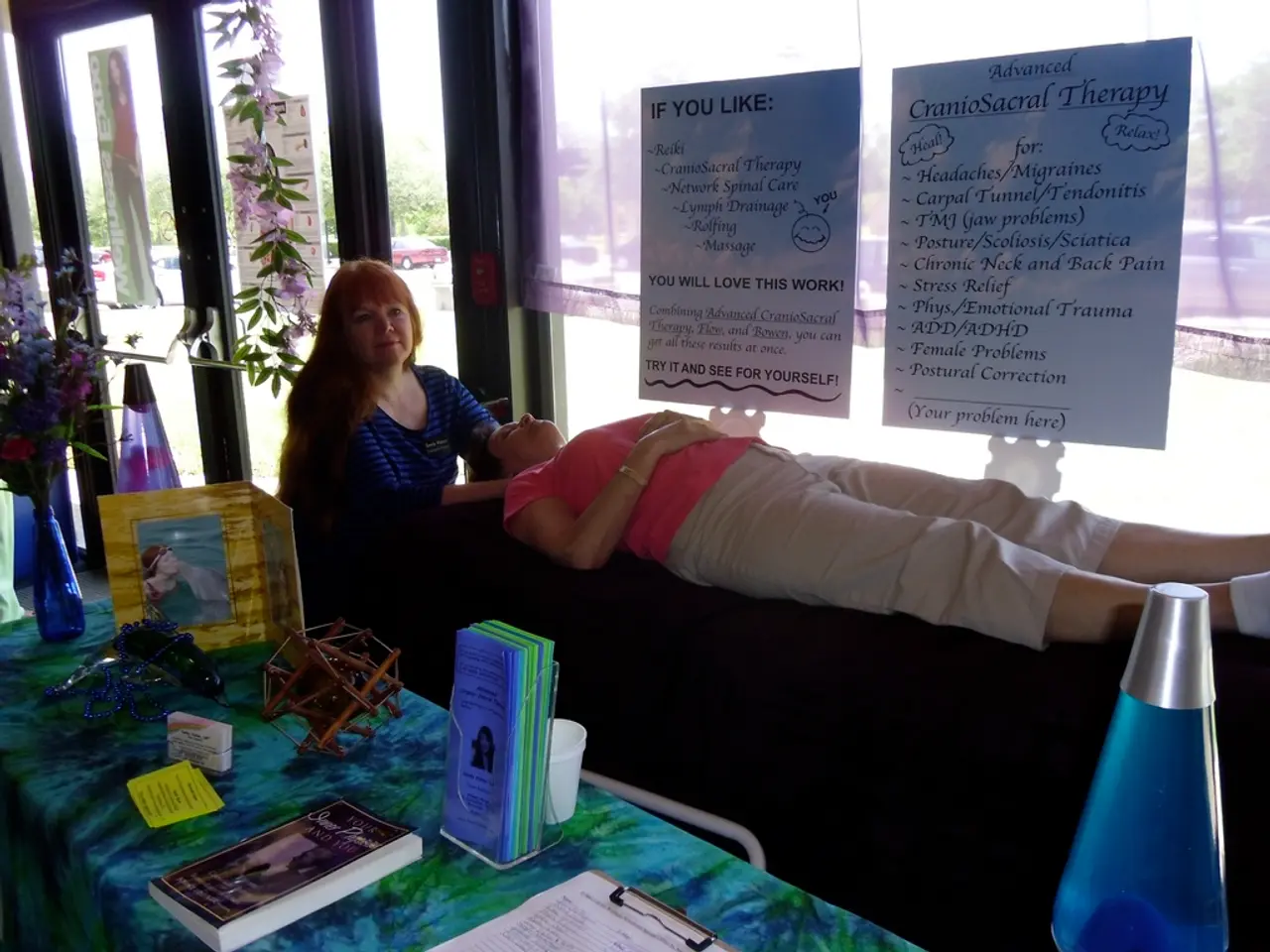Various forms of depression treatment exist: psychological therapies, medication, and lifestyle changes.
Depression is a common mood disorder that affects millions of people worldwide, impacting how individuals feel, think, and act. Fortunately, various therapies are available to help manage and treat this condition. This article provides an overview of some common therapies for depression and their primary objectives.
Cognitive Behavioral Therapy (CBT)
CBT is a popular therapy for depression, with the primary objective of identifying and challenging negative thought patterns and behaviors that perpetuate depression. It teaches practical skills to reframe catastrophic thinking and modify harmful behaviors, aiming to equip individuals with lifelong tools to manage symptoms. CBT is especially effective for moderate to severe depression and typically involves 10-20 structured sessions.
Interpersonal Therapy (IPT)
IPT focuses on improving communication skills and resolving interpersonal conflicts that contribute to depressive symptoms. It aims to help patients manage grief, life transitions, and improve social support networks to reduce feelings of isolation, which is often linked to depression. IPT follows a structured format and guides a person through four areas of life: trouble or conflict in a relationship, life changes, grief, and loneliness and isolation. A 2016 meta-analysis covering 90 studies found IPT to be an effective treatment for depression, with an efficacy similar to other therapy options such as CBT.
Psychodynamic Therapy
Psychodynamic therapy is a type of talk therapy based on the idea that talking about issues can help a person become aware of the potential causes of their problems and develop skills to address them. It explores unresolved past experiences and unconscious emotional conflicts influencing current mood and behavior. Psychodynamic therapy is considered effective for complex or longstanding depression, often involving exploration of early relationships and emotional patterns.
Mindfulness-Based Cognitive Therapy (MBCT)
MBCT combines CBT with mindfulness meditation to help individuals observe their thoughts and feelings without judgment. Its objective is to interrupt automatic negative thought cycles, reduce rumination, and prevent depressive relapse, making it particularly useful for recurrent depression.
Dialectical Behavior Therapy (DBT)
Originally developed for borderline personality disorder, DBT also helps in depression by teaching emotion regulation and distress tolerance skills, aiming to stabilize mood and improve coping with emotional distress.
Behavioral Activation (BA)
Behavioral Activation specifically targets inactivity by encouraging gradual re-engagement in rewarding activities to counteract withdrawal and inertial symptoms commonly seen in depression.
Humanistic Therapy
Emphasizes personal growth, self-acceptance, and self-awareness. It creates a supportive, non-judgmental environment that encourages exploration of feelings and fosters inner resources to heal and grow.
Additional Therapies
Electroconvulsive Therapy (ECT)
Used primarily for severe or treatment-resistant depression, including psychotic depression or cases with suicide risk. It induces controlled seizures to quickly relieve symptoms when other treatments fail.
Phototherapy
Effective especially for seasonal depression, phototherapy uses exposure to a light box to regulate circadian rhythms and improve mood.
These therapies vary in format (individual, group) and duration and are often tailored to the individual's symptom severity, preferences, and treatment history. It is essential to remember that therapy for depression involves a person talking with a trained mental health professional to discuss and understand their feelings and develop coping strategies.
If you or someone you know is struggling with depression, it is crucial to seek help. Depression is a treatable condition, and various therapies can help manage symptoms and improve quality of life. Consult a healthcare provider for further information and treatment options.
Cognitive Behavioral Therapy (CBT) is a popular therapy for depression, with the primary objective of identifying and challenging negative thought patterns and behaviors that perpetuate depression, teaching practical skills to reframe catastrophic thinking and modify harmful behaviors, and aiming to equip individuals with lifelong tools to manage symptoms.
Dialectical Behavior Therapy (DBT) also helps in depression by teaching emotion regulation and distress tolerance skills, aiming to stabilize mood and improve coping with emotional distress.
Humanistic Therapy emphasizes personal growth, self-acceptance, and self-awareness, creating a supportive, non-judgmental environment that encourages exploration of feelings and fosters inner resources to heal and grow.




